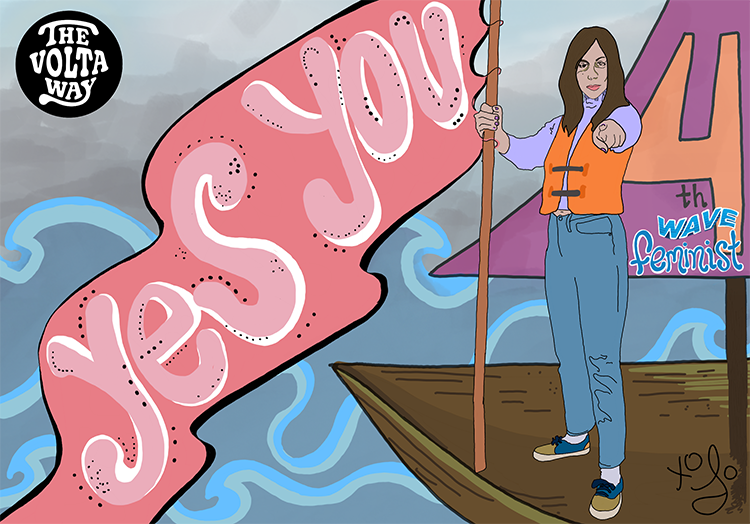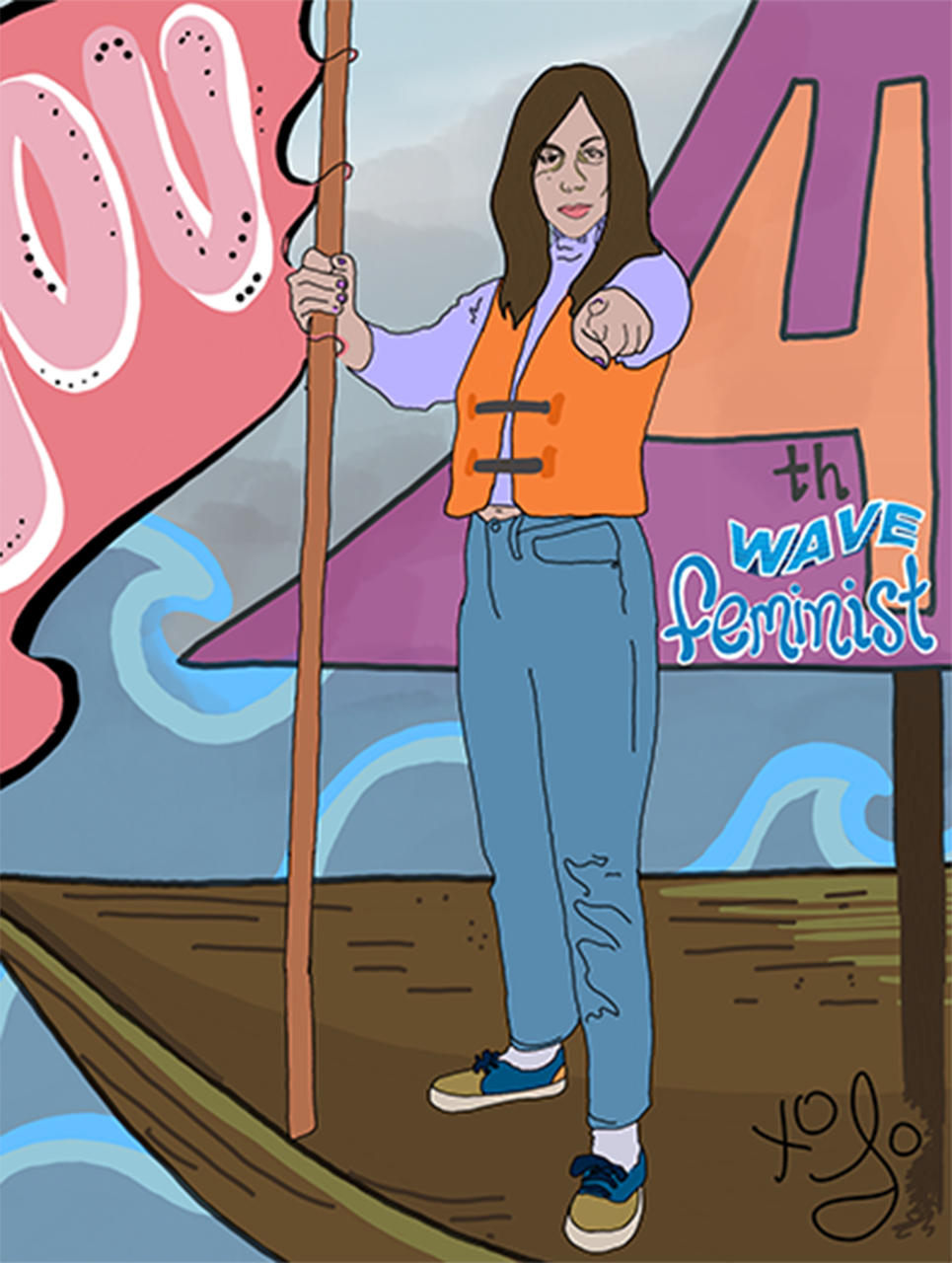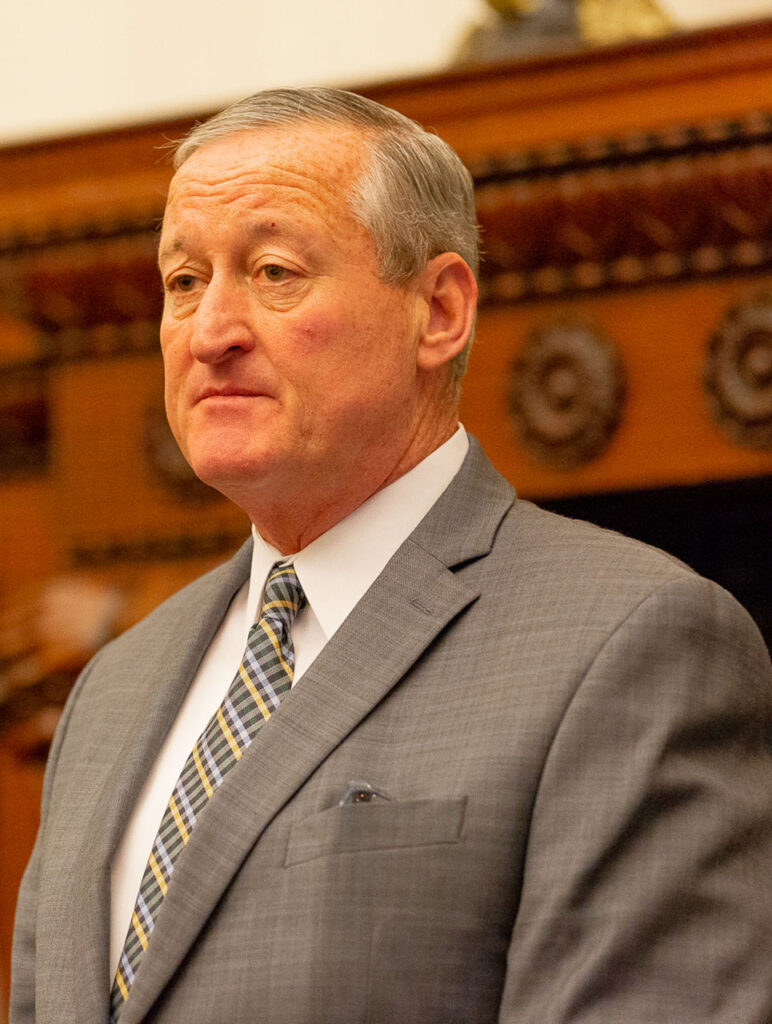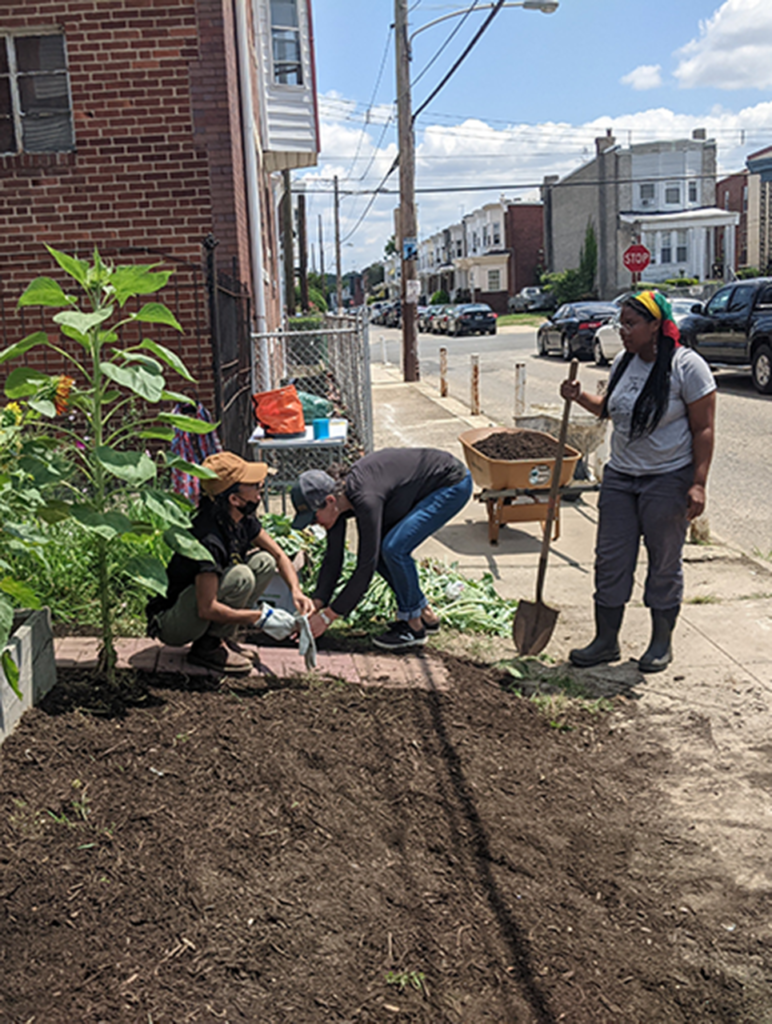
There are times that I struggle being a feminist in the work that I do.
It doesn’t always feel like I am making a difference and men don’t actually want to learn how to clean, cook and give women domestic equality. Many times I feel like a misandrist toward men who aren’t fourth-wave feminists, a movement that began around 2012.
Born of women using social media to speak out against abusers of power and seek justice for assaults and harassment in a more supported way, the fourth wave has honed in on not just women’s liberation but everyday empowerment and intersectionality.
Oppressing and objectifying women has, in large part, been part of our global culture and how we have historically taught and raised men. The movement presses men to be willing to look at how—unknowingly—they contributed to the need for an additional wave of feminism in the here and now.
The fourth wave of feminism brings the value of our persistence to our everyday voices. It’s about having the courage to speak up when we feel or see injustice, as opposed to saying “men will be men, boys will be boys.”
It’s time to agree that this is outdated, regressive thinking.

My hope is that the work I do as a domestic educator validates women from where they stand, in their own homes. It’s normal to feel silenced and to suppress anger for the sake of family or relationships. No one wants to rock the boat if they are afraid they might fall in the water. If you don’t know how to swim, you might drown. Big picture: learn how to swim.
One of my favorite parts of my job is teaching open-minded men how to clean. I help them understand the value of domestic work by honoring the work that came before—
not only by appreciating their newly-learned skills, but giving thanks and reverence to the work done by the hands of the women throughout their lives.
When we ask if the men in our lives are actually feminists, what we mean is: do they support our questioning, our daily concerns and the change we want to see? Are they on board with the fourth wave and willing to look at how they have been part of the everyday oppression of women by being born and raised in a patriarchal society? I personally encourage men to ride the fourth wave of feminism. Otherwise, they will inevitably get hit by it.
This is a hard truth for many men because it requires deep change.
Within all of the waves of feminism there has been substantial pushback from men. When I feel this pushback I remind myself, as a humanist and a Quaker, that dripping water hollows out a stone, not through force but persistence.
Women have made men feel uncomfortable and threatened in each wave by pushing for respect, equity and equality.
As a woman, I like riding the wave we are in now. I like to empower people in their homes. I see a huge need to validate domestic and emotional experiences to achieve a broader version of human equality by focusing on the reversal of outdated gender norms.
I went walking with a friend who described how all she wants is for her partner to validate her emotional experience and the hurt she has felt in the relationship. She tries to understand her partner, shows kindness, listens and is working on herself so she can be more empathetic and compassionate. How many women do you know like this? Most likely, all of them.
But she gets enraged by feeling silenced and swept under the rug. Her rage, to me, is an appropriate response. Men need to understand that women get angry for not having a voice. This anger has been bred in women for centuries.
Gaslighting women’s anger is being an anti-feminist. Women’s anger changes the world. It is healthy, necessary and productive. It was the type of energy that spurred the first wave of feminism—to have a voice, to be valid, seen and legally recognized.
But most times women’s anger pushes up against the ingrained, socially-expected behaviors of women. A good place to start reshaping the narrative is in remembering that a person who wants relational equity (to be respected, understood, listened to and treated like an equal partner) is a normal, sane person.
My friend’s story is not unusual. So many women want to be heard, from where they are standing and where they rest their heads at night. They want to be seen and heard by the men in their lives that say that they love them. Liberation for women can happen at home.
Lois Volta is a home life consultant, artist and founder of The Volta Way. Send questions to info@thevoltaway.com.








